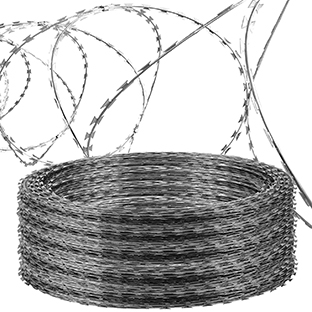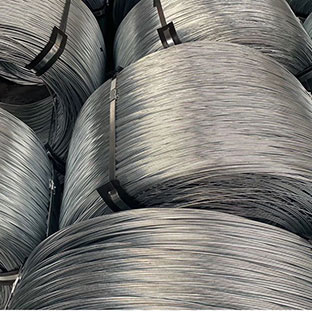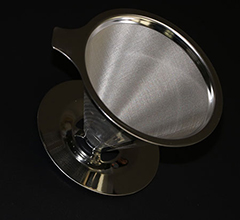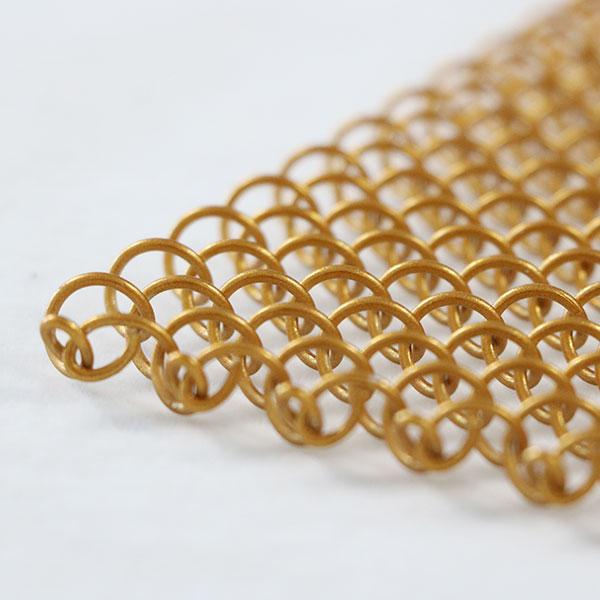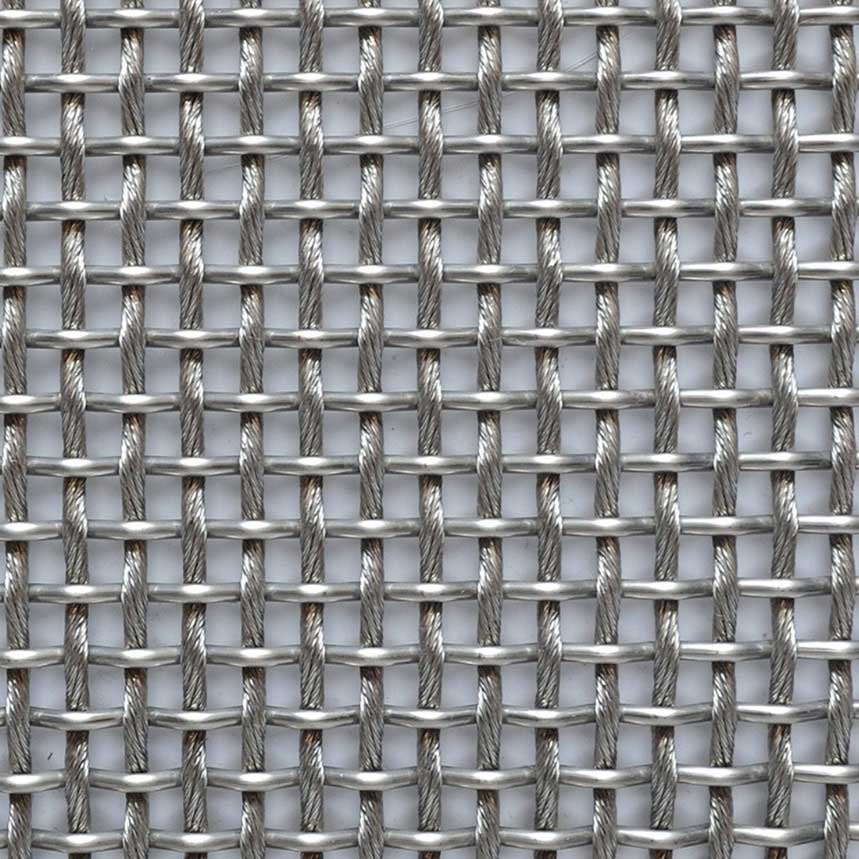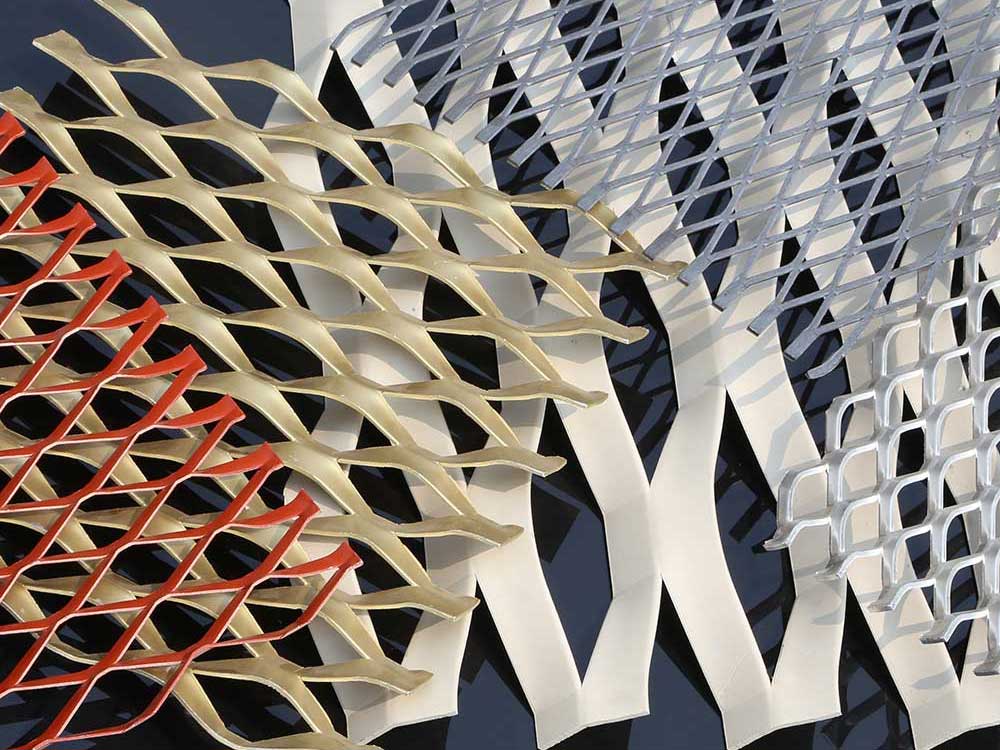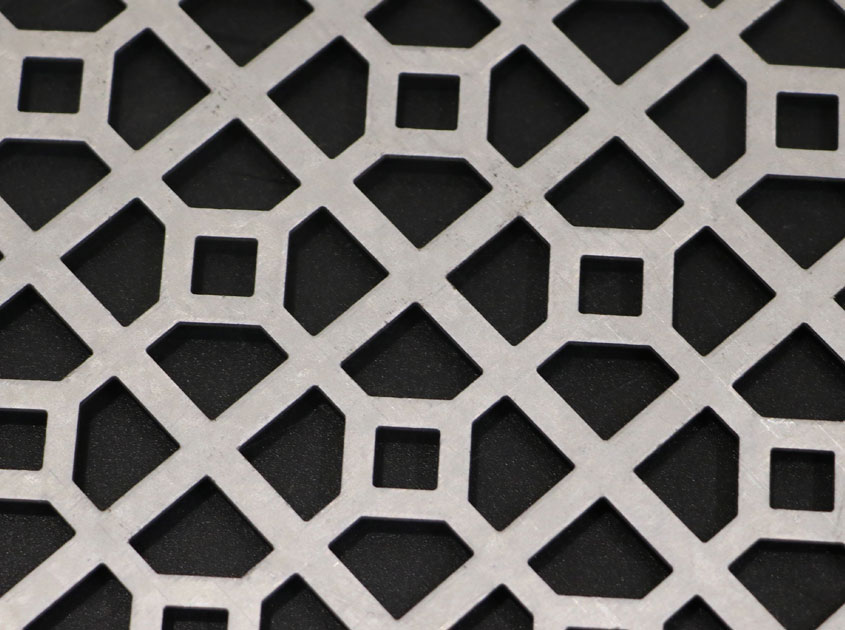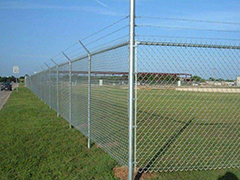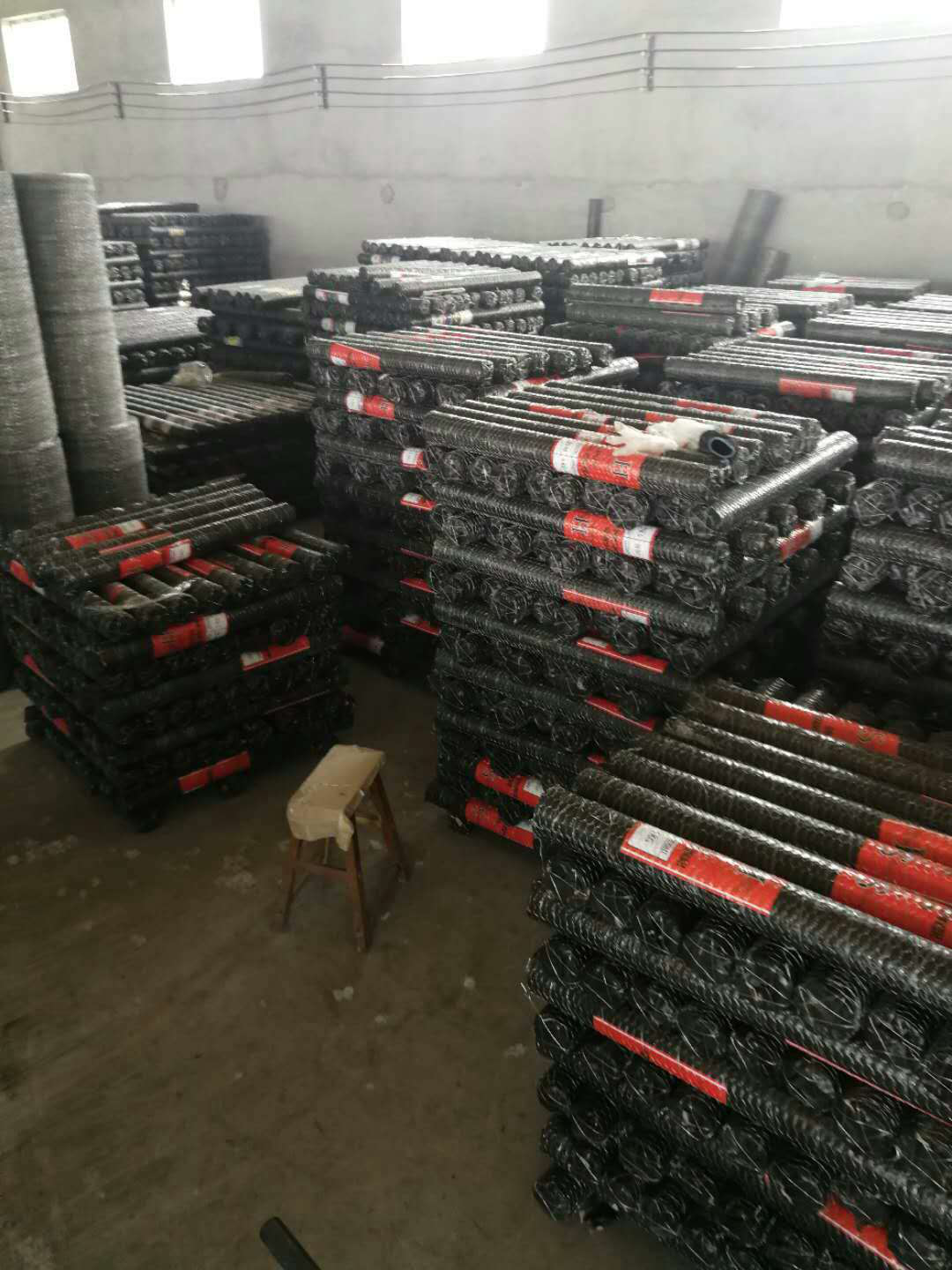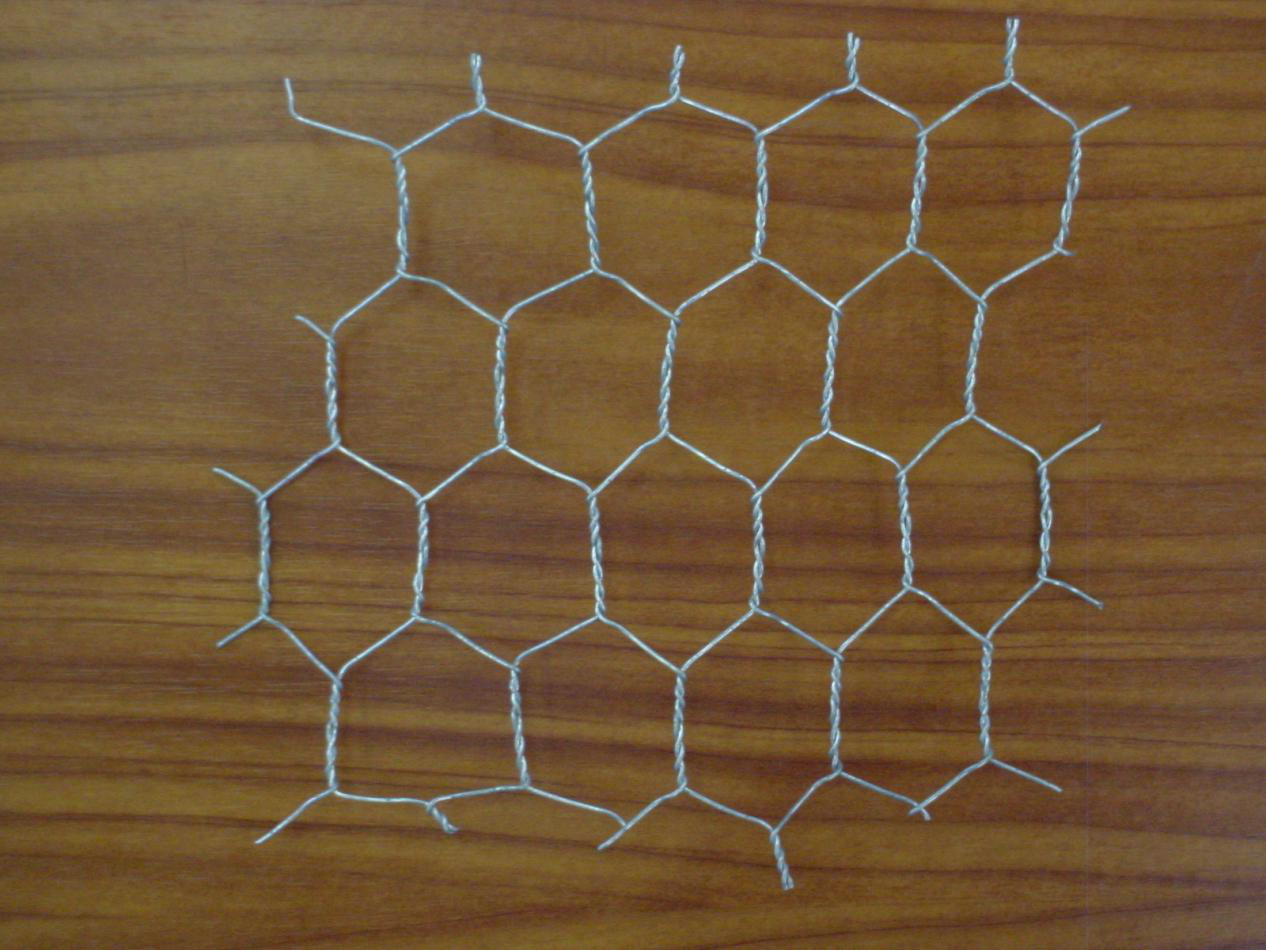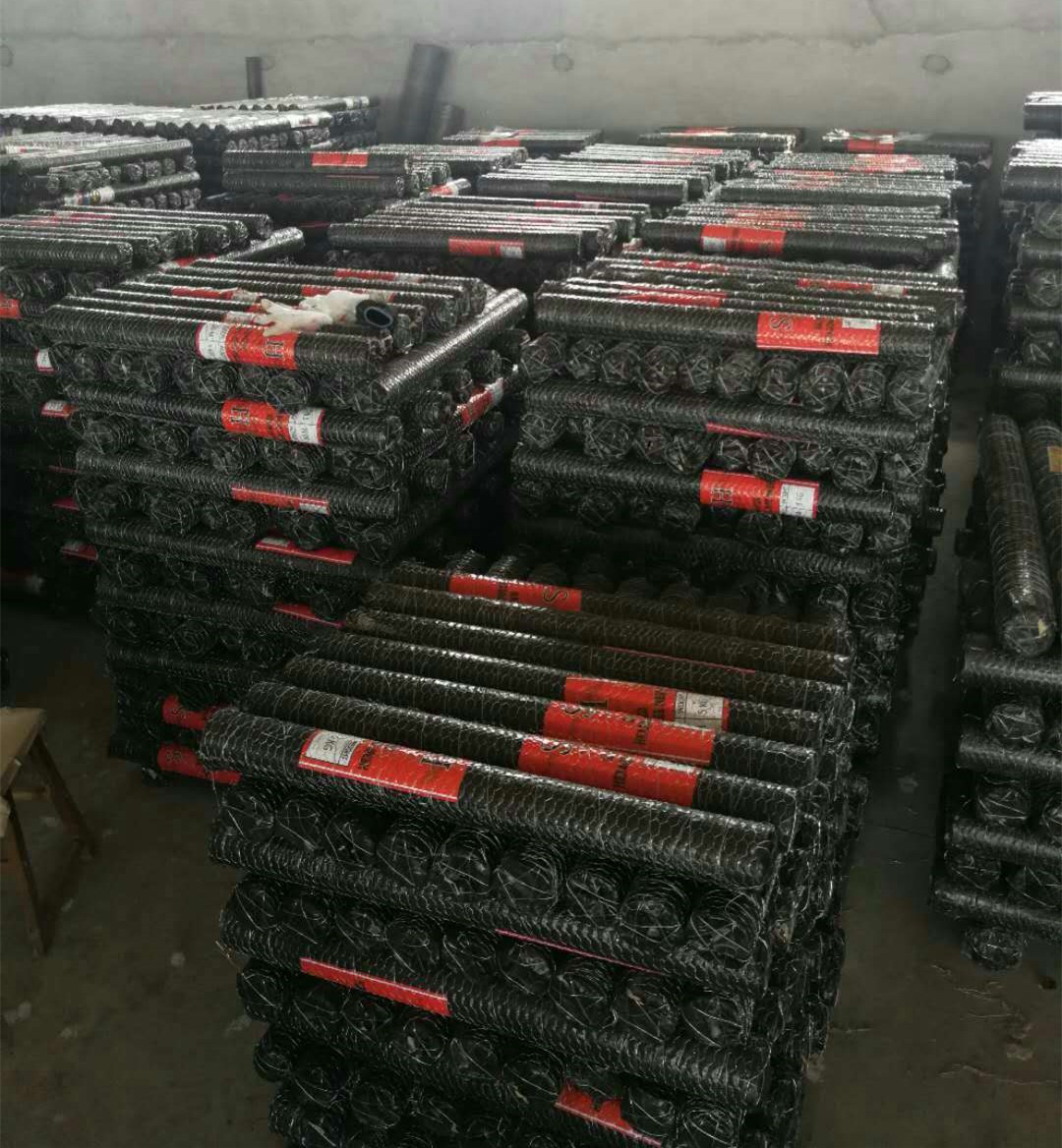Installing stainless steel security mesh is a meticulous process that requires precision and attention to detail to ensure optimal security and functionality. As a crucial component in modern security systems, this mesh offers unmatched durability, strength, and aesthetic appeal. In this article, we will explore the art of installing stainless steel security mesh, discussing best practices and providing valuable tips for a successful installation.
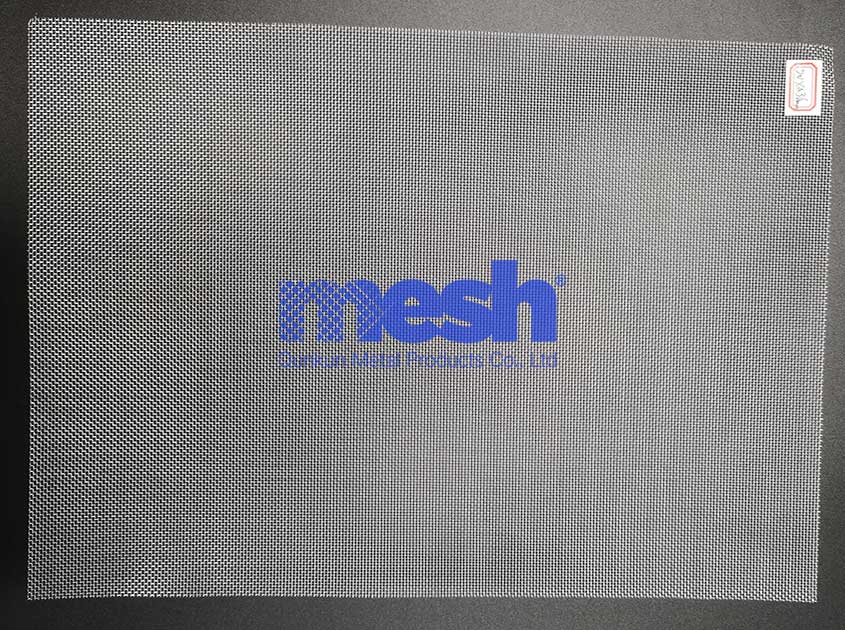
1. Preparation and Planning: The Foundation of Success
Measure Twice, Cut Once:
Accurate measurements are the starting point for a successful installation. Measure the areas where the mesh will be installed multiple times to ensure precision and minimize errors.
Assess Installation Site:
Thoroughly inspect the installation site, noting any irregularities or challenges that might affect the installation process. Identify potential obstacles and plan accordingly.
Select the Right Mesh:
Choose a mesh that aligns with the specific security requirements and aesthetic preferences of the project. Consider the size of the mesh openings and its overall design to achieve the desired security level and visual appeal.
2. Gather the Necessary Tools and Materials:
Quality Tools:
Ensure you have the right tools, such as drills, screws, screwdrivers, measuring tape, and safety gear, to facilitate a smooth installation process.
High-Quality Mesh Panels:
Invest in high-quality stainless steel security mesh panels from reputable suppliers. The durability and strength of the mesh are critical for long-term security.
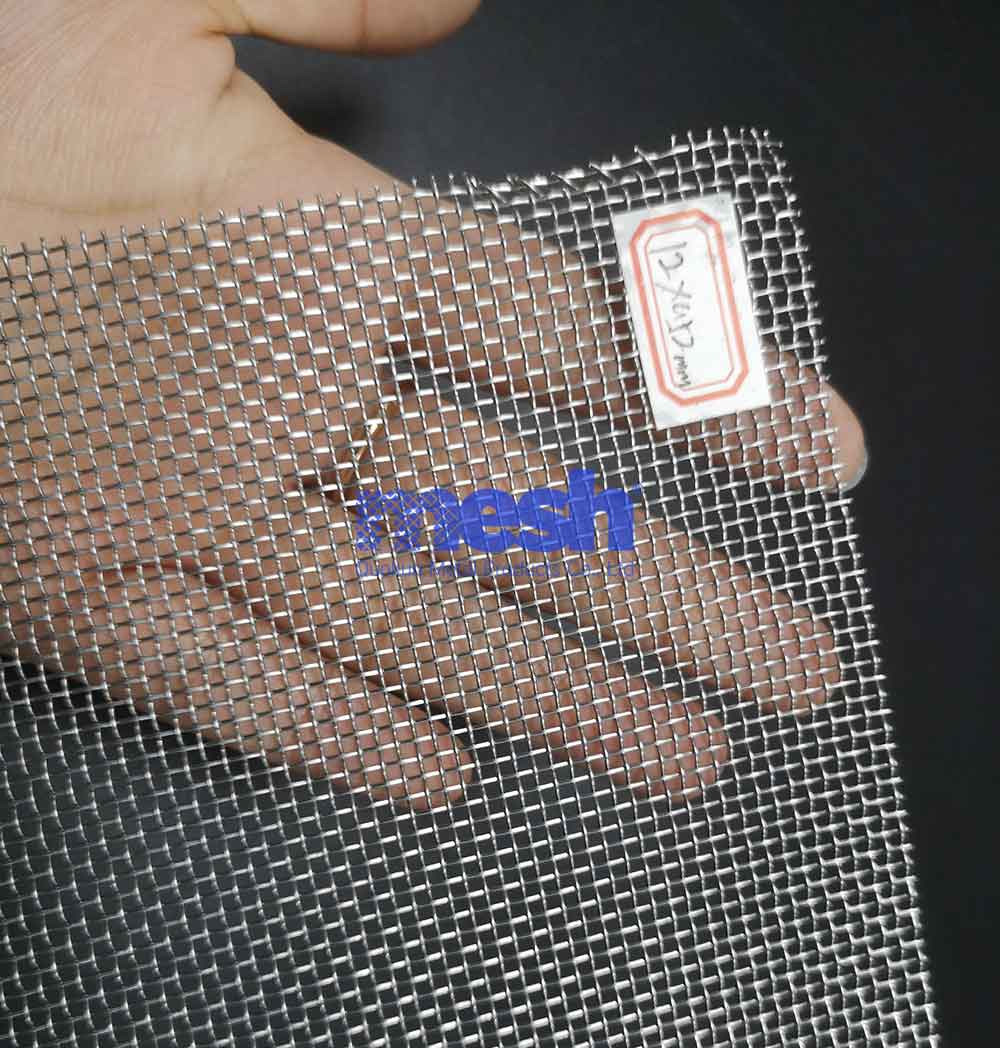
3. Installation Techniques and Best Practices:
Secure Attachment Points:
Install the mesh on strong and secure attachment points, ensuring that it cannot be easily tampered with or removed.
Maintain Proper Tension:
Stretch and tension the mesh evenly during installation to prevent sagging or loose spots that might compromise security.
Avoid Overlapping:
When using multiple mesh panels, ensure there are no gaps or overlapping sections, maintaining a seamless and secure barrier.
Proper Fastening:
Use appropriate fasteners like stainless steel screws to secure the mesh firmly to the frame, ensuring a strong and long-lasting installation.
4. Safety Measures:
Prioritize Safety:
Prioritize safety during installation by using appropriate safety gear, following safety protocols, and avoiding working in adverse weather conditions.
Professional Assistance:
If unsure about the installation process, consider seeking assistance from professionals experienced in working with stainless steel security mesh.
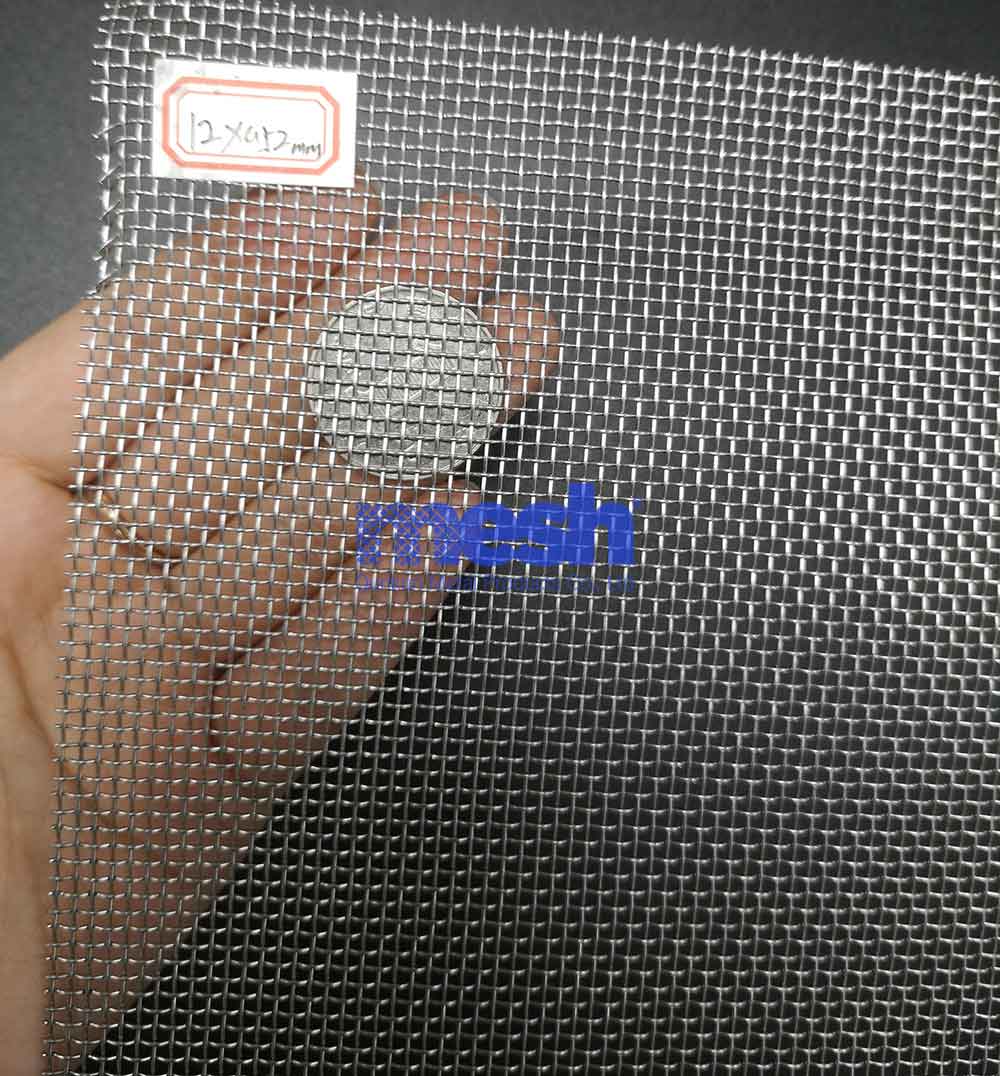
5. Post-Installation Checks:
Thorough Inspection:
After installation, conduct a thorough inspection to ensure all panels are securely attached, and there are no weak points or areas that require adjustments.
Client Education:
Educate the client about the features, maintenance, and security aspects of the installed stainless steel security mesh to maximize its effectiveness.
Conclusion
The art of installing stainless steel security mesh lies in meticulous planning, careful execution, and a keen eye for detail. By adhering to best practices, gathering the right materials, and prioritizing safety, you can ensure a successful installation that provides reliable security and lasting functionality. A well-installed stainless steel security mesh not only enhances the security of a space but also adds a touch of modern sophistication.


.jpg)




.png)






































